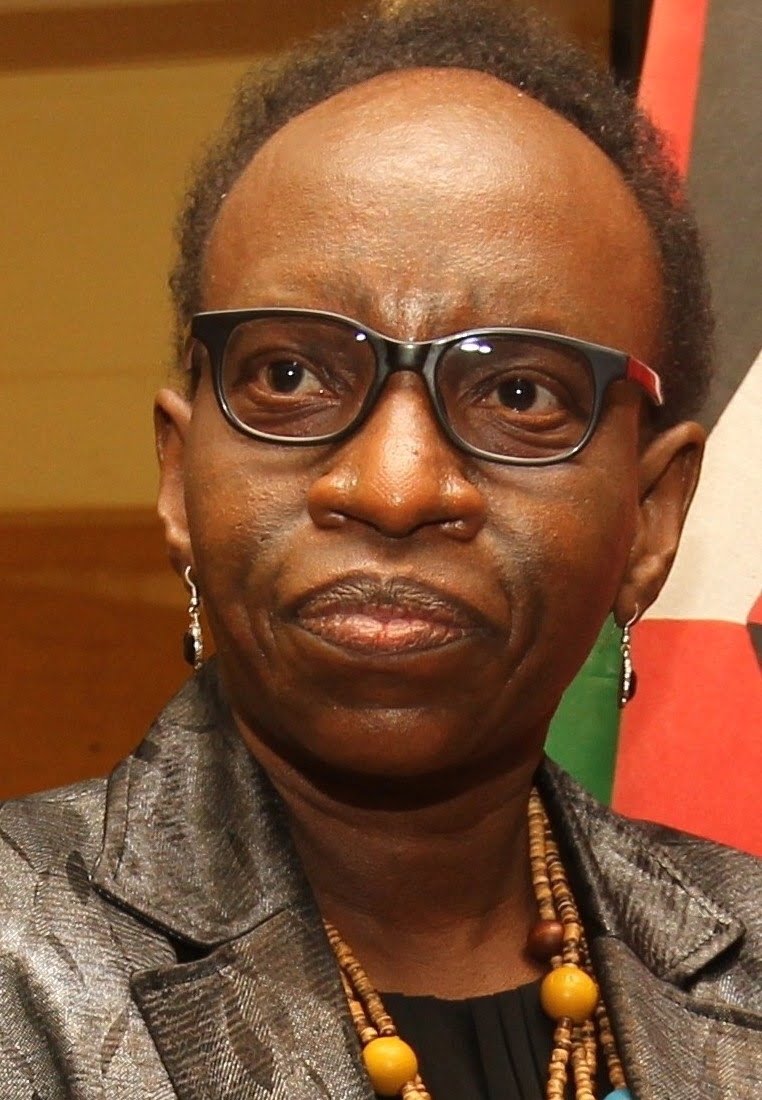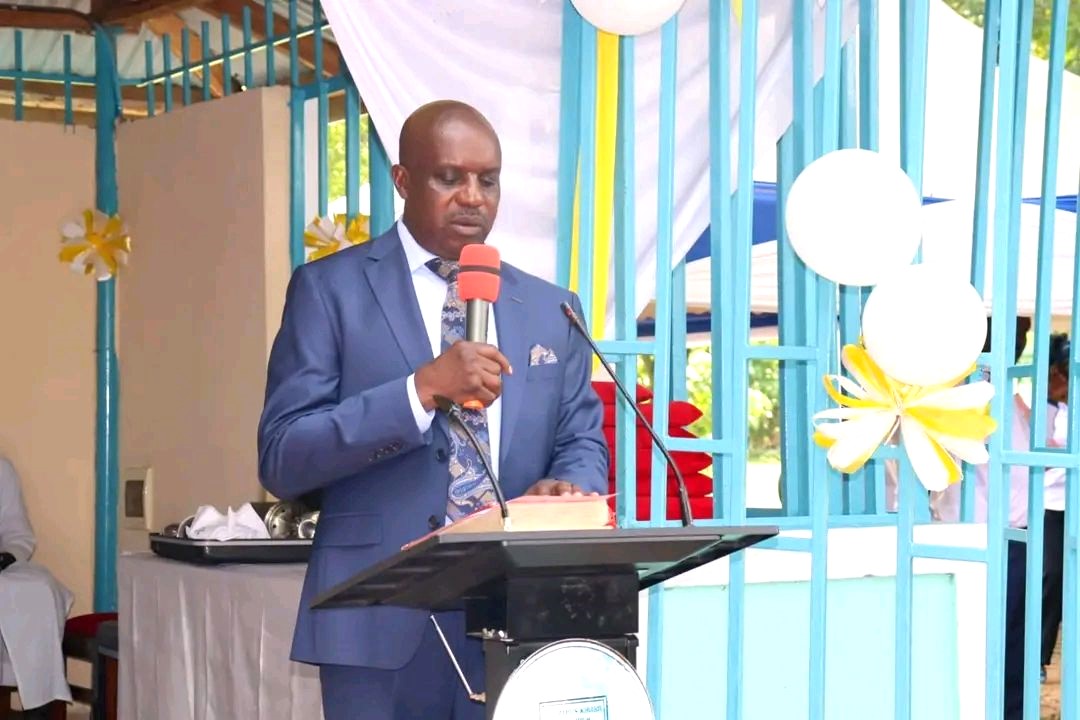A recent Audit report has uncovered troubling inconsistencies in Kenya’s higher education funding system, revealing that many eligible students are missing out on financial support while others who should not qualify, continue to qualify.
The report, presented by the Auditor General Nancy Gathungu, outlined serious structural gaps within the model which was rolled out in 2023 under President William Ruto’s administration.
The system, which aimed to make tertiary education more equitable by linking scholarships and loans to students, is now under scrutiny for poor implementation, lack of transparency, and operational failures.
The key concerns raised in the audit, is the absence of integration between the Higher Education Fund and the Kenya Universities and Colleges Central Placement Service (KUCCPS). This has made it difficult to track students across critical stages, from university placement to financial disbursement, leading to misplaced funding.
The report stated that the current structure does not seamlessly link with KUCCPS, complicating efforts to monitor beneficiaries accurately.
ALSO READ:
Sigor Boys relocates, paving way for Bomet University College expansion
In some instances, students received funds despite having deferred their studies, expelled, or failed to report to their institution. Others, yet genuine were excluded altogether due to errors in personal data, such as duplicate or missing details. This lack of oversight has cast doubt on the system’s fairness and credibility.
Complementing these issues, are discrepancies in the use of Means Testing Instruments (MTIs). The audit found that MTIs applied within the system differed from the officially approved versions, resulting in inaccurate categorization and biased allocation of resources.
The report also criticizes the scheme’s accessibility, noting that students from marginalized communities, including those living with disabilities or in remote areas, struggle to navigate the process due to limited awareness.
Inclusivity challenges extend further. Muslim students, for instance, face difficulties due to the absence of Sharia-compliant financial products, a problem the report says needs urgent attention.
ALSO READ:
Inclusivity challenges extend further, For instance, it was noted that Muslim students face difficulties due to the absence of Sharia-compliant financial products. Financial sustainability is another concern as the Auditor warns that high graduate unemployment has been a challenge in loan repayment, thus leading to high default rates which may threaten the viability of the fund
In December 2024, the High Court ruled the new university funding model unconstitutional due to a lack of public participation and discriminatory practices. However, the Court of Appeal later overturned the High Court’s decision, effectively reinstating the funding model. The Court of Appeal ruling was a temporary measure, pending a final decision on the model’s legality.
By Enock Masaki
You can also follow our social media pages on Twitter: Education News KE and Facebook: Education News Newspaper for timely updates.
>>> Click here to stay up-to-date with trending regional stories
>>> Click here to read more informed opinions on the country’s education landscape






